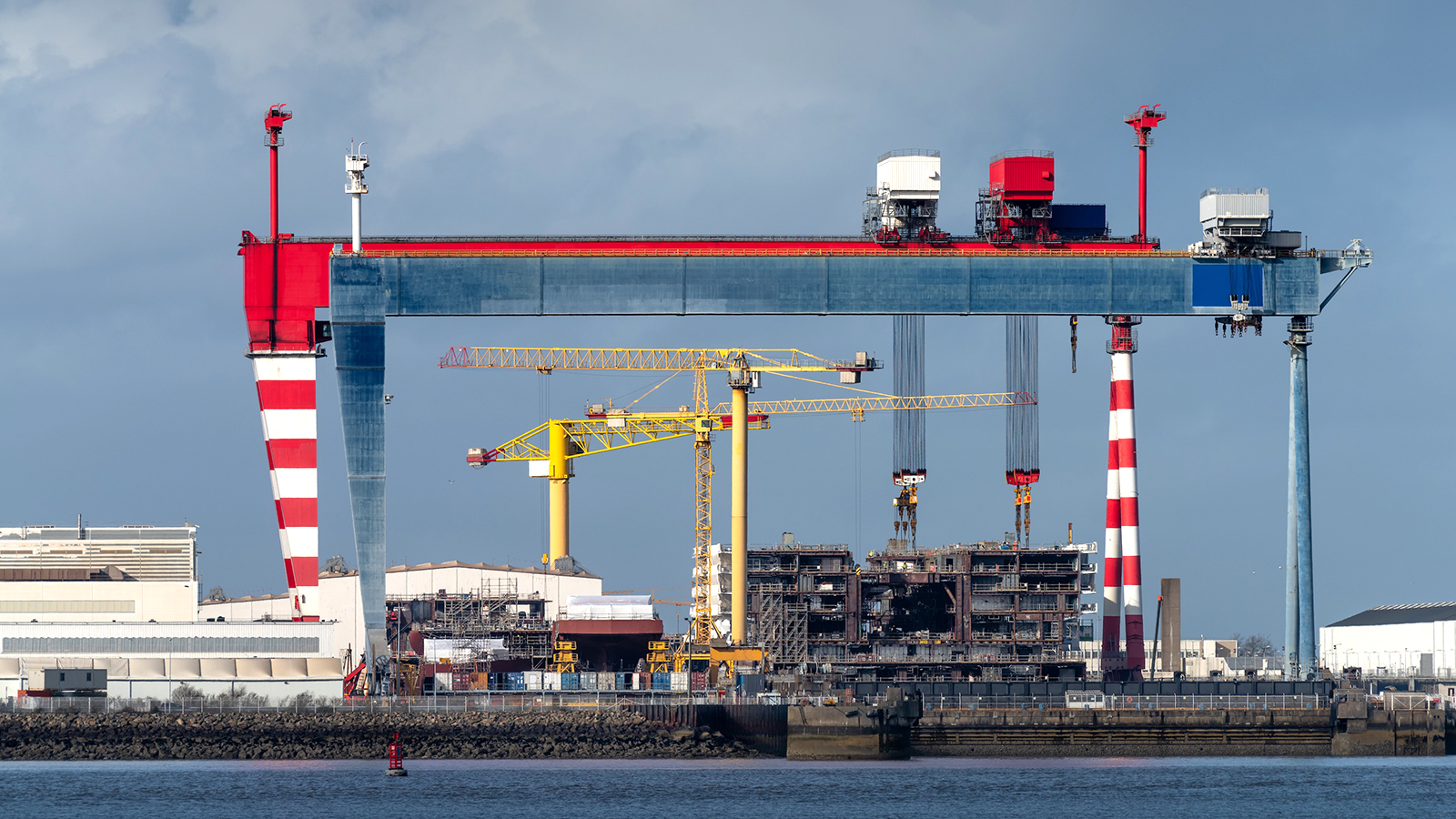Experts at RNDV, a group of companies with a long-term experience in electrical installation, shipbuilding and complex construction management, say cutting costs for critical competences, such as project management, can lead to costly downtimes and unforeseen situations. It can inflate the budget, causing delays and, therefore, erosion of profits.
Kaziulis continues: “Sometimes, to save money in the long run, you have to know where to invest. Once our new clients have had the opportunity to learn about the benefits of having a proper project management team, they very rarely want to try to cut these costs again. This is because it not only saves money, but gives more stability, certainty and, therefore, peace of mind.”
According to Giedrius Grėbliūnas, RNDV’s chief project officer, downtime rates, common in the industry, can be in the range of 20% to 30%. When downtimes are caused by issues such as delayed delivery of materials or errors in technical drawings, contractors typically claim additional payments. This leaves the client with two options: decline and potentially lose a contractor for future projects; or negotiate regarding the size of the claim and increase the project’s costs.
To illustrate the point, he gives an example of two companies that are working on identical projects. “Let’s say the first company includes a project management team, maintaining 100% efficiency and keeping the project cost fixed at €1m. In contrast, the second company chooses a slightly cheaper option, pricing their project at €900,000, but without a project management team. Due to a 20% drop in efficiency, their final project cost increases to €1,080,000, leading to an €80,000 loss.”
“A proper project management team ensures that a project is carried out at 100% efficiency. This means transparency, cost-effectiveness and predictability.”
Giedrius Grėbliūnas, RNDV
“A well-structured team should be adequately staffed to ensure meticulous planning and resource coordination, in addition to timely communication. For larger or more complex projects, this may necessitate specialised roles, such as procurement managers, engineers, quality managers and more, who manage the comprehensive preparation process,” Grėbliūnas notes.
The RNDV group of companies has been operating since 2007 and has grown rapidly and now has a team of more than 1,866 employees in 23 countries. Primarily focused on Western Europe, RNDV has increased its revenue by executing a wide range of electrical installation projects, including work on data centres, shipbuilding and repair, electromechanics, scaffolding and technical insulation, as well as renewable energy initiatives. The group’s revenue grew by 20% last year, reaching €126.5m.
View the original article and our Inspiration here


Leave a Reply